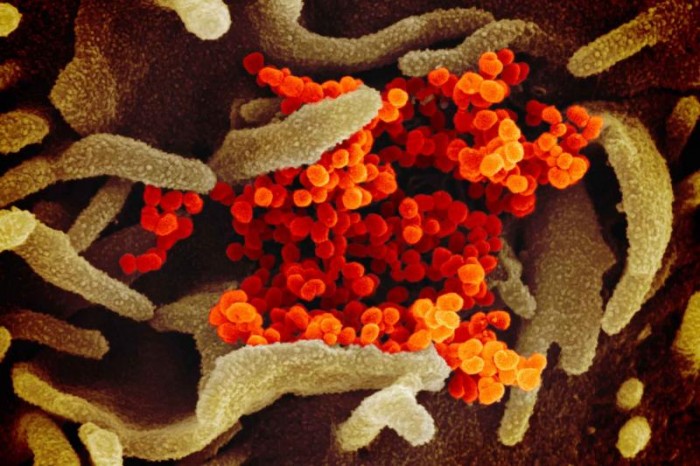The Pirbright Institute, working in collaboration with the University of Oxford, have successfully shown that two doses of the ChAdOx1 nCoV-19 (AZD1222) vaccine produce a greater antibody response than a single dose in pigs.
Studies carried out at Pirbright were designed to establish whether two doses of the new vaccine in pigs (prime and boost), might elicit an even greater immune response and therefore maybe a more effective approach to developing a protective response. Pigs provide a useful model having previously been shown to predict vaccine outcome in humans, particularly in influenza studies.
The researchers saw a marked increase in neutralising antibodies, which bind to the virus in a way that blocks infection. It is not yet known what level of immune response will be required to protect humans against SARS-CoV-2.
The new vaccine, which was developed by a team of scientists at the Jenner Institute, is a chimpanzee adenovirus vaccine vector that contains the spike protein from SARS-CoV-2. Phase 1 human clinical trials of the single dose vaccine have already begun following research that showed that macaques were protected against lung disease after a single immunisation. Volunteers are now being recruited for the next phase of human trials.
Professor Bryan Charleston, director of The Pirbright Institute said: “These results look encouraging that administering two injections with the same vaccine boosts antibody responses that can neutralise the virus, but it is the response in humans that is important. The pig has proved to be a valuable model for testing human vaccines for other diseases to give an indication of the type of immune response induced and testing different doses. Pigs are more physiologically similar to humans than some other animal models, for example their body weight and metabolic rate, and are more accessible than studies using non-human primates.”




